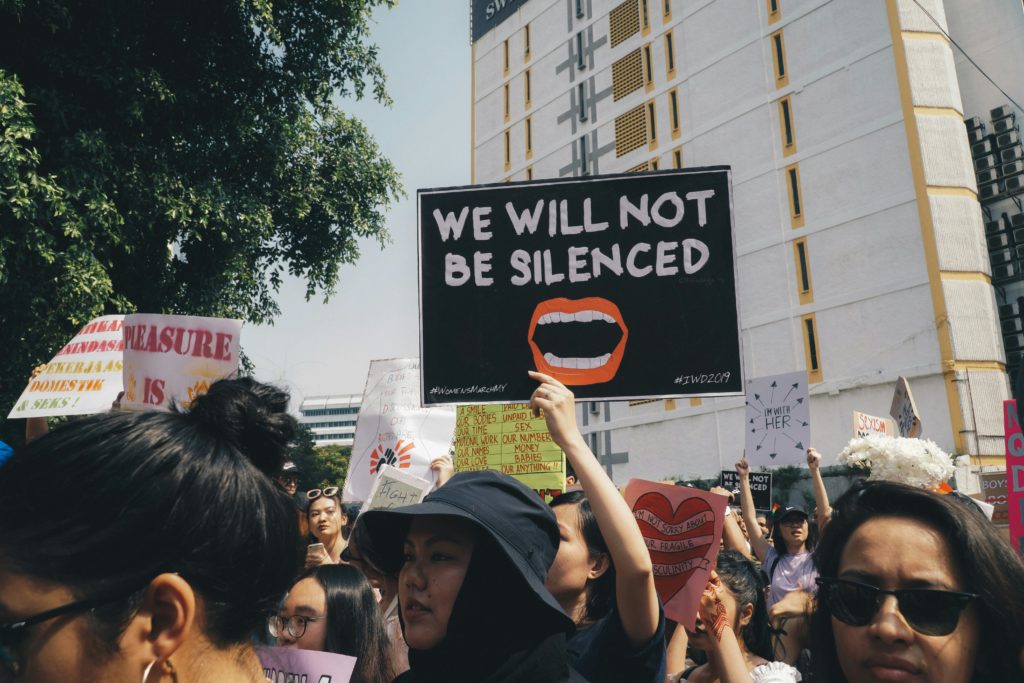“What measures should be taken to combat feminicide at national and international levels?”

“What measures should be taken to combat feminicide at national and international levels?”
The Geneva press club invites you to a conference with:
Ms Kareen Jabre, Director Programmes Division, Inter-Parliamentary Union (IPU)
Mr Alfonso Barragues, External Relation Advisor, United Nations Population Fund
Ms Brigitte Leoni, Film director of the documentary Norma
Ms Adriana Quinones, Head, Human Rights and Developpment, UN Women – Zoom
Ms Isabel Santagostino, Private Sector Development Specialist, World Bank – Zoom
Moderated Luisa Ballin, UN Accredited Journalist
In 2022, the number of women and girls murdered worldwide reached its highest level in 20 years, with around 89,000 deliberately killed. More than half of these murders were committed by family members (45,000 out of 81,000), according to UN Women, the agency dedicated to gender equality and women’s empowerment, and UNODC, the UN drugs and crime agency. In comparison, 11% of homicides against men were perpetrated in the private sphere. What are the causes of feminicide, and what can be done to put an end to it? Personalities gathered at the Geneva Press Club will try to answer these questions.
Kareen Jabre, IPU Director of Programmes, explained that “women should be able to live free from violence and to take part in the management of public affairs. The IPU combats violence against women through parliaments in their power and role. Most cases of femicide are committed by partners, ex-partners or people familiar with the victims. This involves ongoing abuses, threats, intimidation, sexual violence and situations where women are often in disadvantages in term of power relations and resources with regard to their partner. No policy maker in the world can ignore it. The IPU supports parliaments to build legal framework to combatting, preventing and addressing violence against women, femicides and gender discrimination. 162 countries have passed laws on domestic violence and 147 have laws on sexual harassment in the work place”.

For Alfonso Barragues,External Relations Adviser at United Nations Population Fund, “violence against women and femicides are grounded in an oppressive structure such as patriarchy system which treats women as secondary support to men or even as property of men. This is the main factors which explain why femicides are in some way still considered to be normal, something that results in impunity due to the culture of silence and acceptance of this form of violence. Femicides happens in every society, in every context, no cultural setting, no country, no society is totally free from it. It is not affecting developing nations only, it is a worldwide phenomenon”.
Brigitte Leoni, film director of Norma, a documentary nominated for the Toronto Women Film Festival’s competition, describes the concrete case of Norma, a Mexican mother. “In 2001, her daughter Alejandra was kidnapped while waiting for the bus to go home after work. She is part of some 400 femicides committed in Ciudad Juarez located in the Mexican State of Chihuahua. Some of the victims were working in maquilas, – factories assembling products –, other were students, cleaners or doing other jobs”.
“Norma was denied justice for 23 years. She tried to find who killed her daughter, mother of two children. Norma exhausted all legal proceeding with the police, the municipalities, the Chihuahua State and the Mexico Federal State but nobody listened to her. At the end, she filed a case to the Inter-American Commission on Human Rights which waited 10 years to examine her request. In December 2023, the case was finally accepted by the Inter-American Human Rights Court. It is a unique chance to have a trial”.
Adriana Quinones, Head of Human Rights and Development, UN Women, recalled that “for the first time, the European Union has a major investment on ending violence against women through the spotlight initiative. This was a 500 million dollars investment that started in 2015 with the promise of creating the momentum at different levels in supporting what was relevant to the different regions. In Asia, the efforts by several UN agencies, governments and civil society has to do with trafficking in person; in Africa, it is about domestic violence, in Latin America it is about addressing femicides. This comes from the women movements demanding a solution for the systematic murder of women”.


Isabelle Santagostino, World Bank Private Sector Development Specialist, declared that“a study has shown that when there is gender parity, not only women benefit from this but it also creates a stronger and more resilient economy. It is not only about legislation on violence against women. It is about creating an equal playing field in all areas. In the world, fifty percent countries do not mandate equal remuneration for equal values. And even less countries have mechanism to ensure that. There are still countries with unequal heritance rights between husbands and wives, sons and daughters. In the area of pensions there is inequality on laws and different kinds of discriminations are not prohibited in many countries, which can result in increasing the level of violence against women”.

